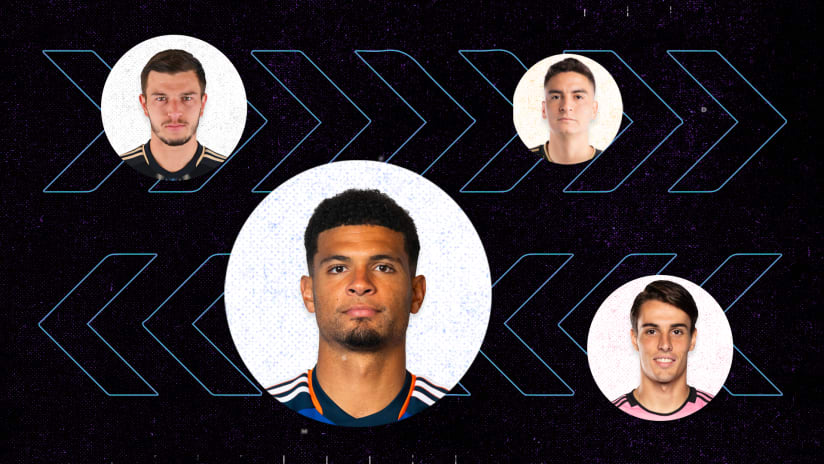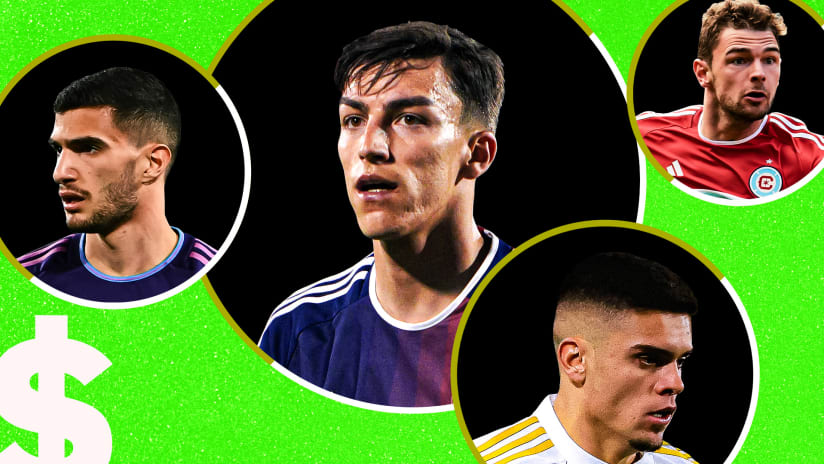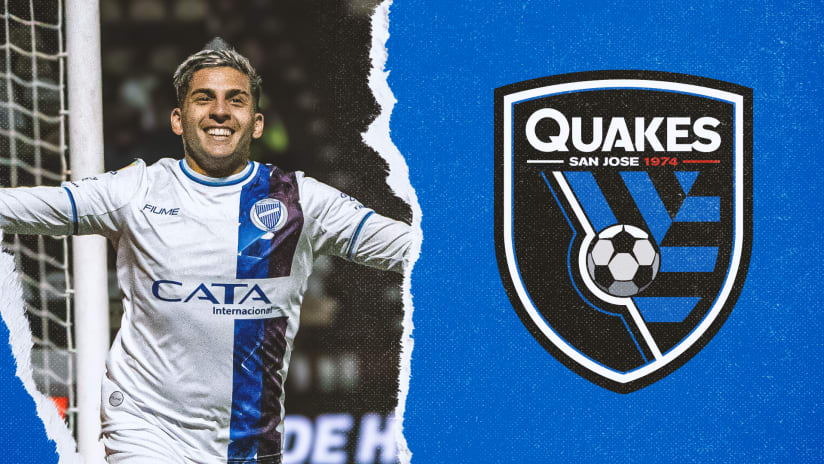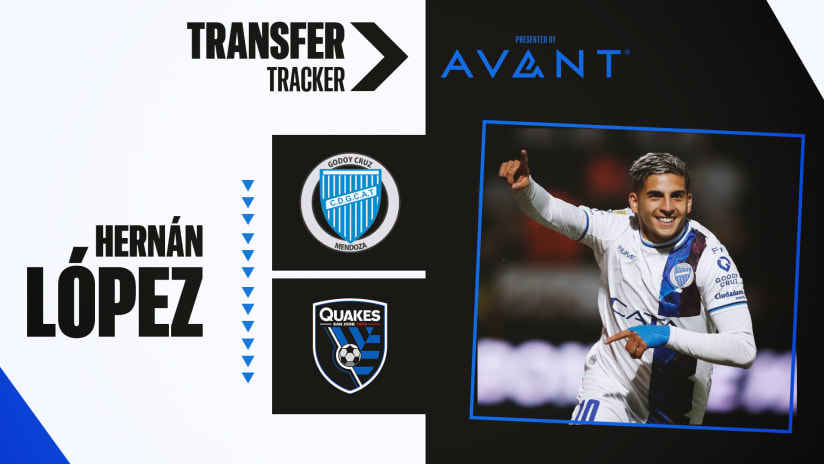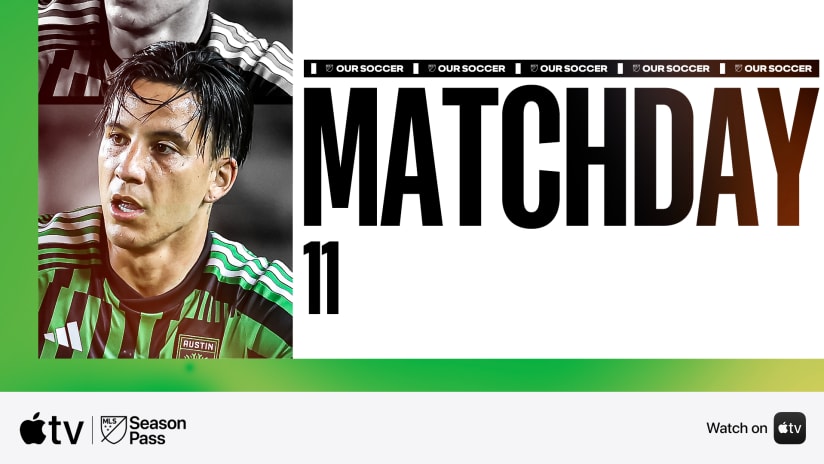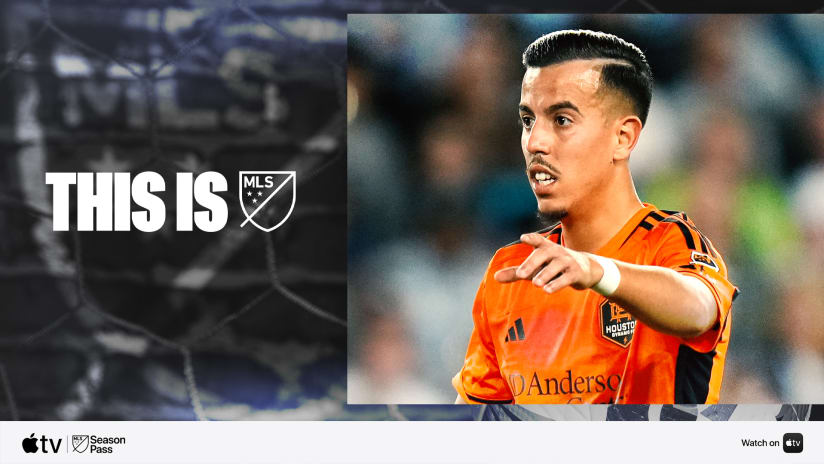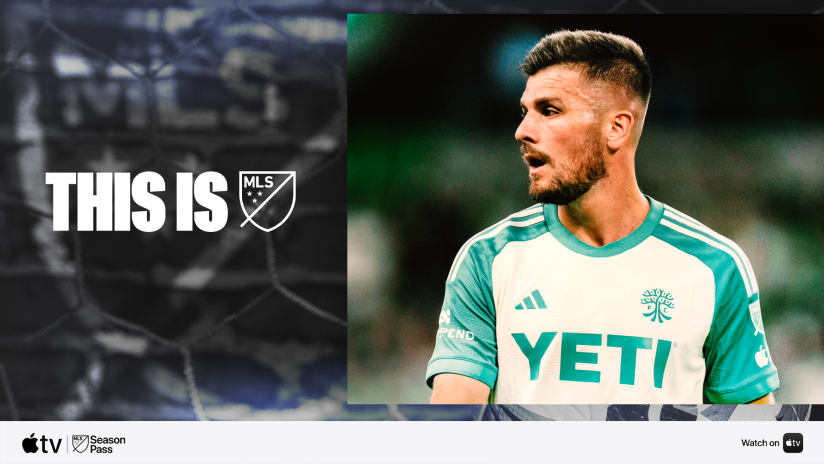The buzz about Toronto FC and David Beckham, the future of expansion and the new "Game First" initiatives were among the topics MLS Commissioner Don Garber spoke about in a conference call with reporters Monday afternoon.
Garber and deputy commissioner Ivan Gazidis introduced several plans to improve the product on the field as Major League Soccer embarks on its 12th season this weekend.
The introduction of the designated player is already well known with Garber calling the Galaxy's signing of Beckham "arguably one of the biggest sports stories of the year, not just soccer stories."
In fact, the worldwide shockwaves after the deal for Beckham, one of the most recognizable soccer players on the planet, probably took away some of the notice of the league's other significant developments.
"We at the league office never intended that this would be the only story of the offseason," Garber said. "We had so many things going on positively and we viewed the Beckham signing as just one of those things."
Another one of those things was new television contracts - an eight-year deal with ABC, ESPN and Univision and a five-year agreement with Fox Soccer Channel.
"This is an opportunity for us, for the first time, to have broadcast partners that are paying us fees and have responsibility for producing those games, putting them at risk and giving them incentive to promote these games and produce them in a way that drive ratings and attendance," Garber said.
As for the on-field changes, MLS fans will notice the differences right away. As is the case elsewhere in the world, teams will be led out of the tunnel by the officials while a yet-to-be-unveiled MLS theme is played.
While the top two teams from each conference will earn an automatic berth into the MLS Cup Playoffs, the other four spots will be occupied by the next four teams with the highest point total - regardless of their conference. It might not be the single table formula seen throughout the world, but it's the most logical choice right now.
"It's not practically possible for us at this point to have a fully balanced schedule and therefore when we talk about having a single table, it's not a perfect solution either," Gazidis said.
The top four teams after the regular season will qualify for SuperLiga 2008. And with player bonuses paid out twice monthly rather than at the end of the year, Garber and Gazidis believe it will increase intensity during the marathon regular season.
While the Beckham signing has been the talk of the soccer world, Toronto FC has been the talk of Canadian soccer fans. The club has yet to play its first game yet, but has already sold a league-high 14,000 season tickets and will be the first MLS club to play in a soccer-specific stadium from the start. They are the model for future MLS expansion teams, Garber said.
"Without doubt there's more buzz and anticipation with this team than any other in our history," Garber said. "We think it's an exciting indicator of if you have the right market with the right ownership group with the right facility how things can really come together nicely with an MLS expansion team."
While some possibilities for expansion in San Antonio and southern New Jersey appear to have dried up, Garber said the league is still on track to reach its goal of 16 teams by 2010. Some possibilities include Atlanta, Cleveland, Miami, Milwaukee, Philadelphia, San Jose, San Diego, St. Louis and the Pacific Northwest. But San Diego and Miami are considered long-term projects because of facility concerns.
"In the last or five years that market has changed fairly drastically as it relates to demographic," Garber said of Miami, home of the Fusion from 1998-2001. "Far more folks from the Caribbean, South America and Mexico than when we were down there in the late '90s and the first couple of years in the decade."
Garber also said the league continues to stress youth development, calling it the "bedrock for the future of our league."
"Look at some of the press we've been getting for Jozy Altidore," Garber said, referring to the New York Red Bulls forward. "It's just an indication of how in the right environment we can promote young players, give them an opportunity to play and hopefully have them deliver both on the field and off the field."
U.S. Soccer's hiring of four full-time referees (Terry Vaughn, Jair Marrufo, Ricardo Salazar and Baldomero Toledo) and the reducing of the referee pool should lead to more consistent officiating, Gazidis said. The referees will use game killing tactics, like diving of feigning an injury, as points of emphasis this year.
These initiatives, Garber thinks, will continue to push MLS into mainstream USA.
"I have no doubt that Major League Soccer will be a dominant league in this country," he said. "It's not a matter of if, it's a matter of when. It really drives how we operate."
Dylan Butler is a contributor to MLSnet.com. This story was not subject to the approval of Major League Soccer or its clubs.


